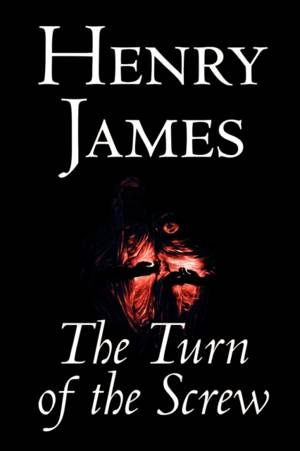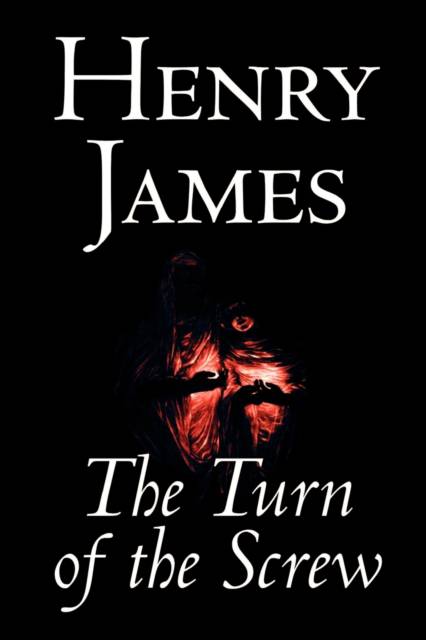
- Retrait gratuit dans votre magasin Club
- 7.000.000 titres dans notre catalogue
- Payer en toute sécurité
- Toujours un magasin près de chez vous
- Retrait gratuit dans votre magasin Club
- 7.000.0000 titres dans notre catalogue
- Payer en toute sécurité
- Toujours un magasin près de chez vous
Description
Critics have argued long and hard over the central "problem" of the story: if the motifs of the traditional ghost story, in the hands of a master, are used to probe the deepest depths of the human psyche, do the resultant terrors spring from the objective return of the spirits of the dead, or from the fears, memories and guilt the expectation of such apparitions may evoke? Are there any ghosts in this story at all? James himself might have been puzzled by that question. His own remarks make it clear that what he had in mind was a "sinister romance," inspired by a ghostly story he had heard from an Archbishop of Canterbury. He wrote of the "portentous evil" of the "demon-spirits" in the story, but it was his genius to make them so profoundly mysterious that THE TURN OF THE SCREW will survive any number of interpretations and go on to chill and delight readers for centuries to come.
H.P. Lovecraft praised its "truly potent air of sinister menace" and "mounting tide of fright".
Spécifications
Parties prenantes
- Auteur(s) :
- Editeur:
Contenu
- Nombre de pages :
- 172
- Langue:
- Anglais
Caractéristiques
- EAN:
- 9781592243112
- Date de parution :
- 01-09-03
- Format:
- Livre broché
- Format numérique:
- Trade paperback (VS)
- Dimensions :
- 155 mm x 229 mm
- Poids :
- 258 g

Les avis
Nous publions uniquement les avis qui respectent les conditions requises. Consultez nos conditions pour les avis.






